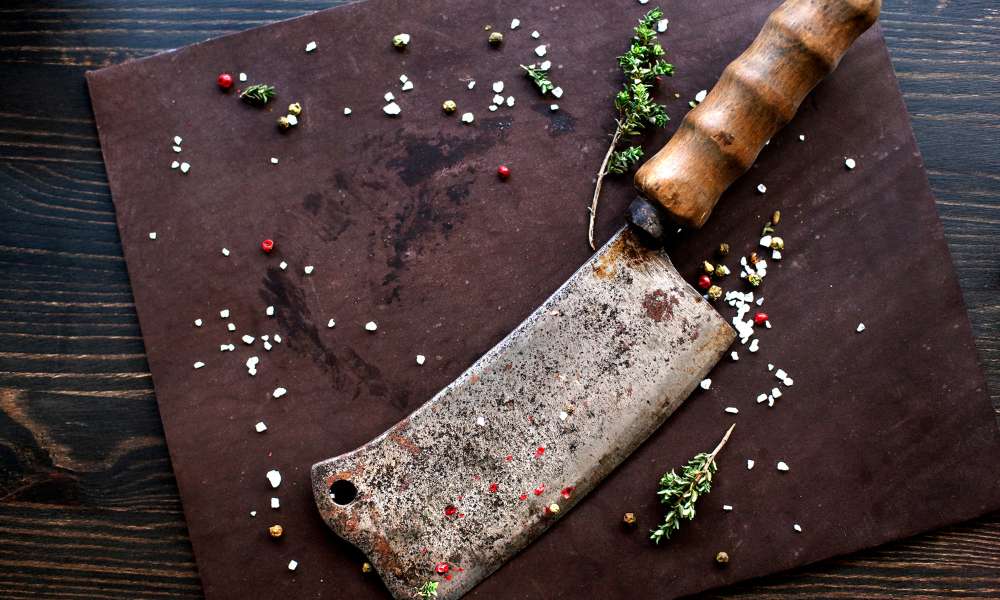Maintaining your kitchen tools is essential for longevity and performance, and knowing how to clean a rusty knife is a crucial skill. Rust can compromise the functionality and safety of your knife, making it important to address this issue promptly. To clean a rusty knife effectively, start by using common household items to remove the rust without damaging the blade. Regularly cleaning a rusty knife not only restores its appearance but also enhances its performance, ensuring it remains a reliable tool for food preparation. This process is simple and cost-effective, allowing you to preserve your knife’s quality and extend its lifespan. Follow these steps to clean a rusty knife and keep your kitchen tools in top condition.
Preventing Rust Formation
To prevent rust, always store knives in a dry place. Knife blocks, magnetic strips, and protective sheaths are excellent storage options. Regular maintenance, such as wiping knives dry after each use and applying a thin layer of mineral oil, can also help. For added protection, consider using products designed to inhibit rust formation.
Materials Needed for Rust Removal
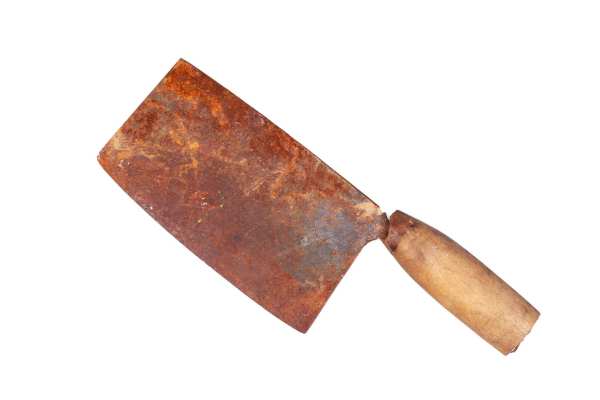
Before starting the rust removal process, gather the necessary materials. Common household items like vinegar, baking soda, lemon, and salt are effective. Specialised tools like rust erasers and commercial rust removers can also be useful. Always wear gloves and work in a well-ventilated area to ensure safety.
Method 1: Vinegar Soak
Vinegar is a popular and effective rust remover. Its acidic nature helps dissolve rust. To use this method, submerge the rusty knife blade in a glass of vinegar. For minor rust, a 15-30 minute soak is sufficient; for more severe rust, let it soak overnight. After soaking, use a soft sponge to scrub off the rust, then rinse and dry the knife thoroughly
Method 2: Baking Soda Paste
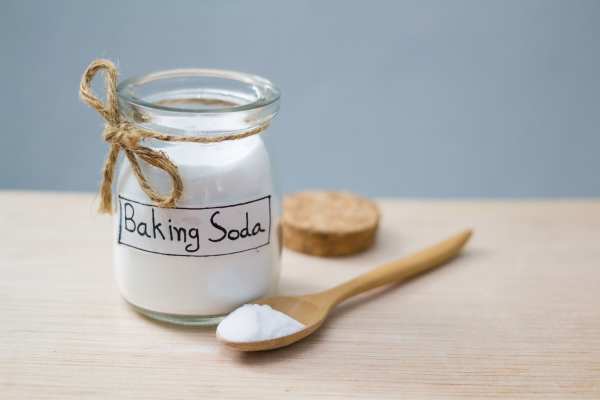
Baking soda is another effective rust remover due to its mild abrasive properties. Create a paste by mixing baking soda with water. Apply the paste to the rusty areas and scrub with a toothbrush or soft cloth. This method is gentle on the knife and effective for light to moderate rust. Rinse and dry the knife completely after cleaning .
Method 3: Lemon and Salt
Lemon and salt combine the acidity of lemon with the abrasiveness of salt to tackle rust. Sprinkle salt on the rusted area, then rub it with a cut lemon. The acid in the lemon reacts with the rust, while the salt helps scrub it away. This natural method is effective and leaves the knife smelling fresh. Rinse and dry the knife after treatment
Method 4: Using a Wire Brush
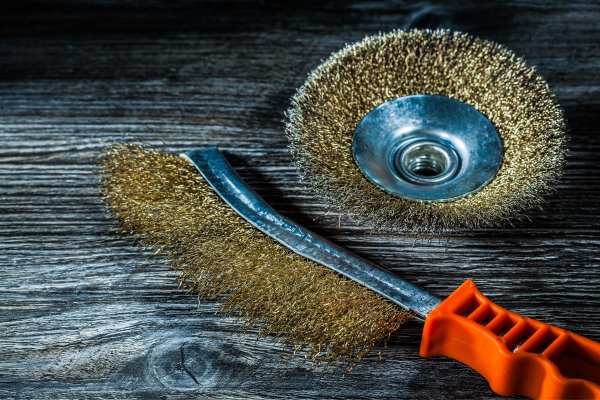
For more severe rust, a wire brush can be useful. Gently scrub the rusted areas with the wire brush, being careful not to damage the blade. This method requires more effort and should be used when other methods are not effective. Follow up with a thorough cleaning and drying to prevent future rusting .
Method 5: Rust Erasers
Rust erasers are specialised tools designed to remove rust without damaging the knife. Simply rub the eraser over the rusted area until the rust is gone. This method is effective and easy to use, making it a good option for regular maintenance
Method 6: Commercial Rust Removers
Commercial rust removers are formulated to tackle tough rust stains. Follow the product’s instructions carefully, as these chemicals can be harsh. Ensure proper ventilation and wear gloves to protect your skin. These products are effective but should be used as a last resort due to their potential impact on the knife and environment
Advanced Techniques
For those with more severe rust issues, advanced techniques like boiling in distilled water or using electrolysis can be considered. Boiling the knife in distilled water can convert rust into a more stable form, while electrolysis uses electrical currents to remove rust. These methods are more complex and may require professional assistance
Maintaining a Rust-Free Knife
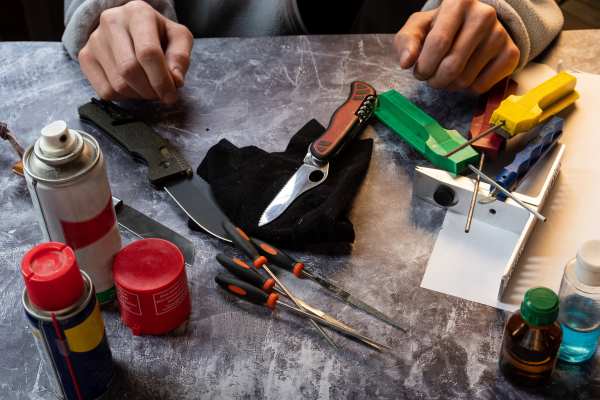
Once your knife is rust-free, maintaining it is crucial. Clean and dry your knife immediately after each use. Avoid leaving it in the sink or dishwasher where it can stay wet. Apply a thin layer of mineral oil or a specialised knife oil regularly to prevent moisture from settling on the blade. Proper storage, such as using knife blocks or magnetic strips, can also help keep your knives in excellent condition [1].
Can Rust Completely Damage a Knife?
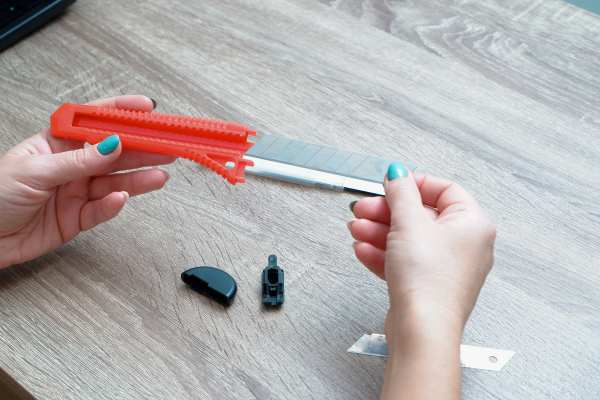
Yes, if left untreated, rust can cause significant damage to a knife, including pitting and weakening the blade. Regular maintenance and prompt rust removal can prevent such damage
How Often Should I Clean My Knives to Prevent Rust?
It is recommended to clean and dry your knives after every use to prevent rust. Applying a protective coating and proper storage can also help maintain a rust-free knife By following these guidelines and techniques, you can effectively remove rust from your knives and keep them in top condition for years to come.
Conclusion
Cleaning a rusty knife can be done effectively using simple household items like vinegar, lemon juice, and baking soda. Regular maintenance, including proper cleaning and drying after use, helps prevent rust formation. By following these methods, you can ensure your knives remain in optimal condition and extend their lifespan.

